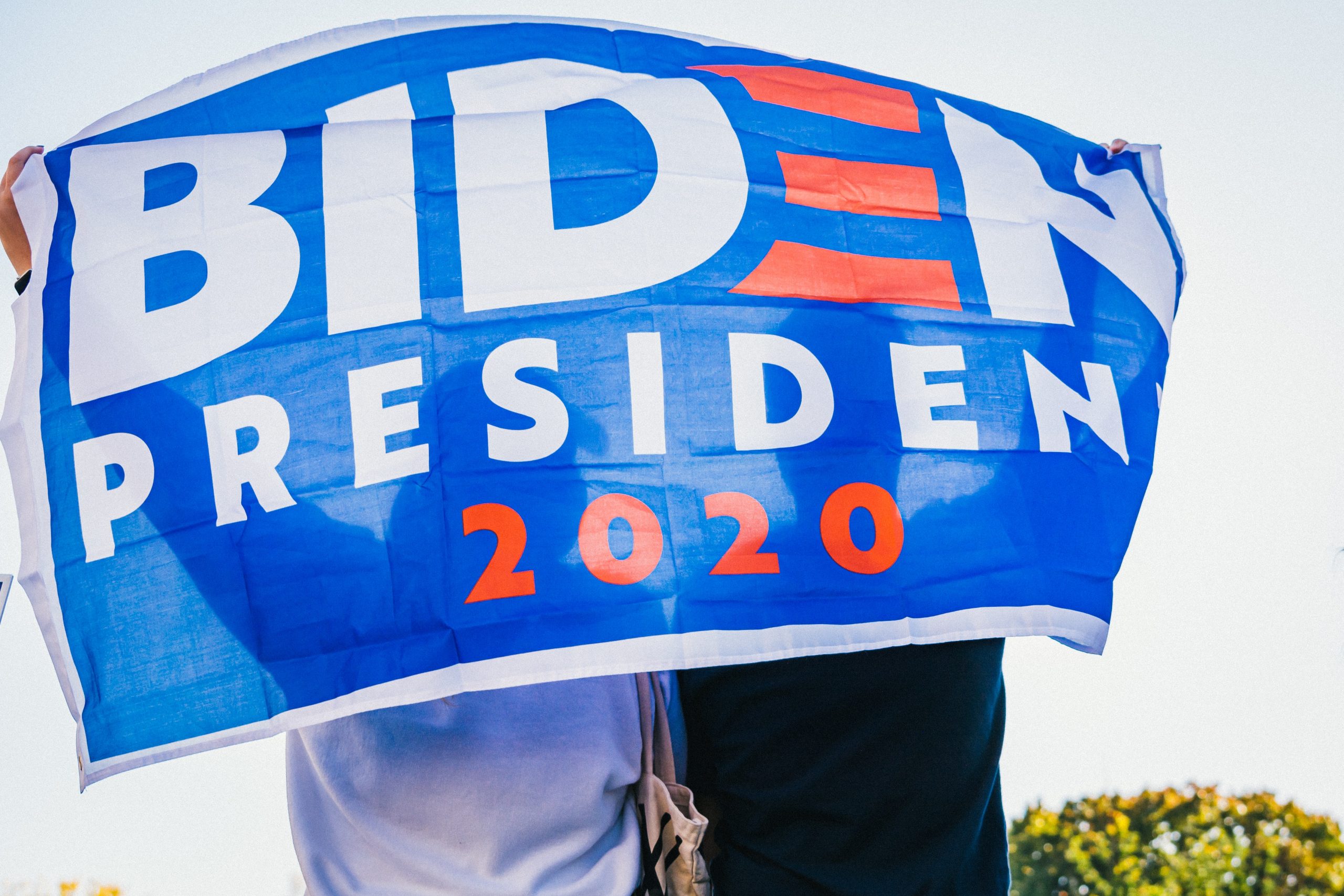Buy American
On January 25th, 2021, President Joe Biden signed an Executive Order on ‘Ensuring the future is made in all America by all of America’s Workers’ stating the steps the new administration will take to encourage domestic procurement and to lay down new laws for the waiver practices. The President’s general plan is to use the Government’s purchasing power to boost U.S. industries and encourage domestic manufacturing by effectively investing $400 billion. The Government currently spends up to $600 billion a year on contracts; however, most of that money is used to promote offshore contracts and jobs. Setting out the main focus points, the new administration explained it would mainly ‘tighten domestic content rules’ as currently many products are stamped as being made in America when in fact, only 51% of the materials used are produced domestically. Secondly, it would close the waiver practice’s loopholes, which many federal agencies use to get around the requirements highlighted in the Buy American Act (B.A.A.). President Biden guaranteed he would create a website where U.S. manufacturers will see waivers and evaluate whether they can provide the goods or services requested. This will give a chance for smaller businesses to compete with international companies and win federal contracts.It may be particularly beneficial in the pandemic as many smaller businesses have been badly affected. The Buy American campaign also plays explicitly into the new administration’s general politics by focusing on the American working class rather than the large companies and millionaires.
Even though previous presidents had reached the same goal, they had instead relied on ‘tariff-hiking policies’ – increasing tariffs on overseas imports. Particularly, Donald Trump had proposed the same policies as Biden; however, he failed to achieve any substantive change as ‘at times he acted on protectionist instincts and at other times pulled back on policies that could dampen Wall Street‘.Trump administration’s primary strategy encouraged isolationism but ironically created tax policies that largely favoured and enriched large multinational conglomerates. Thus, Biden’s plan to strengthen supervision on government spending may be more effective.
Effect on US
Domestically, the Executive Order has both negative and positive consequences. Considering its advantages, it is clear that the more stringent requirements set for contracting or supplying to the Federal Government would encourage contractors to evaluate whether the products they sell meet these new rules.Furthermore, the policies could lead to an increased implementation activity ‘further underscoring the importance of managing related compliance risks of the complex legal landscape’, including understanding how they apply and when they can be waived. The more frequent application, in turn, may mean that the Justice Department will be more aggressive when there is noncompliance with the B.A.A., thus ensuring more scrutiny and observance of the rules.
However, the policy has also attracted its fair share of critics. Economists have highlighted that the Buy American requirements ‘raise costs for the Federal Government and reduce the availability of products it can buy’. It may be hard for companies to find home-made components, and this, in turn, can force up prices. This can cause delays in procurement projects as, most of the time, there is not enough domestic manufacturing capacity or materials always to supply what the Government needs. A representative of Netzch Pumps NA stated that ‘with only 30% of their business serving government markets, the extra burden ‘will kill our ability to compete in markets outside the U.S’. Additionally, the waiver process specifically may have a chilling effect’ if the federal Government spends money quickly on products without ‘developed supply chains’, resulting in low quality products, increased price, and lack of reliability. Thus, it may be more economically advantageous to ensure equal opportunities and domestic and foreign production advertisement.
Internationalism and Globalisation
Internationally, President Biden has highlighted that the new Government will ‘work with allies to modernise international trade rules to ensure that the U.S. and allies can use their taxpayer dollars to spur investment in their own countries‘. The policy itself seems encouraging; however, this may be difficult to achieve in practice, as seen with the Trump administration. During his term, Trump had tried to put limits on the Government Procurement Agreement; however, various countries immediately expressed their disapproval. Leaving the Agreement altogether may isolate the U.S. and shut it off from services procurement overseas which could have extremely detrimental effects, especially during the pandemic. Some parties to the Agreement have spoken up on the adverse impacts the policy may have. In Canada, the program has significantly raised alarms, and the Canadian Finance Minister Chrystia Freeland has stated that ‘she is concerned about the neighbouring country losing out if government procurement rules are tightened‘.
Furthermore, one of the most contentious points of the Buy American campaign has been its effect on the primary manufacturing producer – China. Both Biden and his predecessor Trump have expressed their disapproval with the unfair trade practices in China, with Trump being particularly vocal about limiting any Chinese production in the U.S. However, President Biden has highlighted Trump’s approach as ‘instigating a trade war with a commensurate economic power’ without any plan to succeed.
Many experts have said that regardless of popular opinion, the Buy American policy would not significantly affect Chinese exports to the U.S. It is because goods made in China are competitive on both their price and their constant availability, while the U.S. does not have enough workforce or money to focus on mass production of medium/low-end goods. The Government can clearly see China’s substantial role amid the pandemic – U.S. production capabilities have degraded as many have lost jobs, and there has been a lack of manufacturing. However, the demand for medical and household products has rocketed. This has meant that the U.S. had to rely heavily on Chinese imports to get the necessary P.P.E. for medical professionals.
Shift
Biden is continuing to shift the U.S. away from free trade towards direct government intervention to promote local manufacturers. The encouraging move has only been exacerbated by the pandemic, especially in the wake of a shortage of medical supplies. The Buy American drive has been at the centre of Biden’s presidential campaign towards a border push to create more jobs, strengthen U.S. supply chains and drive-up wages. The U.S.’s best goal may be negotiations with other countries to reciprocally open their markets so everyone can be encouraged to Buy American without any protectionism or isolationism.
3rd year Law student at KCL






0 Comments